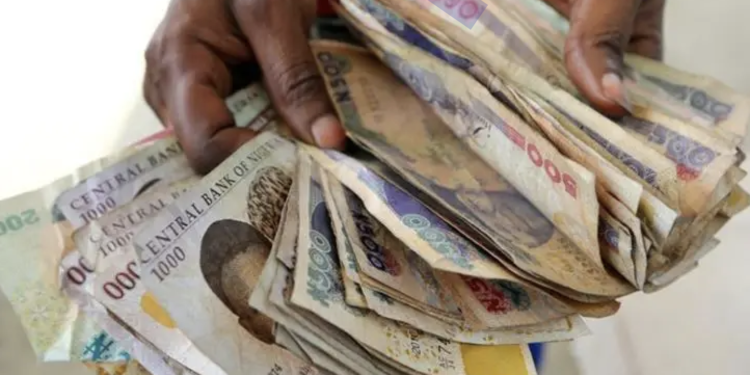During the recent Monetary Policy Committee (MPC) meeting held at the CBN headquarters in Abuja, the Central Bank of Nigeria (CBN) reiterated its commitment to the phased-out approach of the old N200, N500, and N1,000 naira notes while introducing new currencies.
The announcement was made by the acting governor of the CBN, Folashodun Shonubi, who provided updates on the demonetisation policy. The initiative to redesign the N200, N500, and N1,000 naira bills was initially unveiled by the former CBN governor, Godwin Emefiele, in October 2022. As part of this plan, Nigerians were urged to deposit their old notes before January 31, 2023, as they would lose their status as legal tender after that date. However, a later announcement revealed that the former president, Muhammadu Buhari, had approved an extension of the deadline until December 31, 2023.
In March 2023, the Supreme Court further clarified the naira redesign policy, ruling that the old N200, N500, and N1,000 notes would remain as legal tender until the end of the year. Providing insights into the current approach during the MPC meeting, Folashodun Shonubi explained that the old notes would be gradually replaced over time. Whenever commercial banks require new currency, the old notes will be exchanged for the new ones, facilitating a smooth transition.
Shonubi emphasized that the printing and circulation of currency are expected to undergo regular cycles and replacements over time. The CBN’s method aims to maintain an optimal level of currency circulation and ensure a seamless replacement process without causing disruptions to the financial system. Importantly, the transition from old to new notes will be carried out discreetly, allowing Nigerians to witness the gradual shift in the country’s currency landscape.
As the CBN continues its efforts to introduce new currency while phasing out the old notes, stakeholders are keenly monitoring the developments in Nigeria’s monetary system. The gradual replacement approach seeks to ensure stability and efficiency in the currency circulation, providing confidence to citizens and businesses alike.










